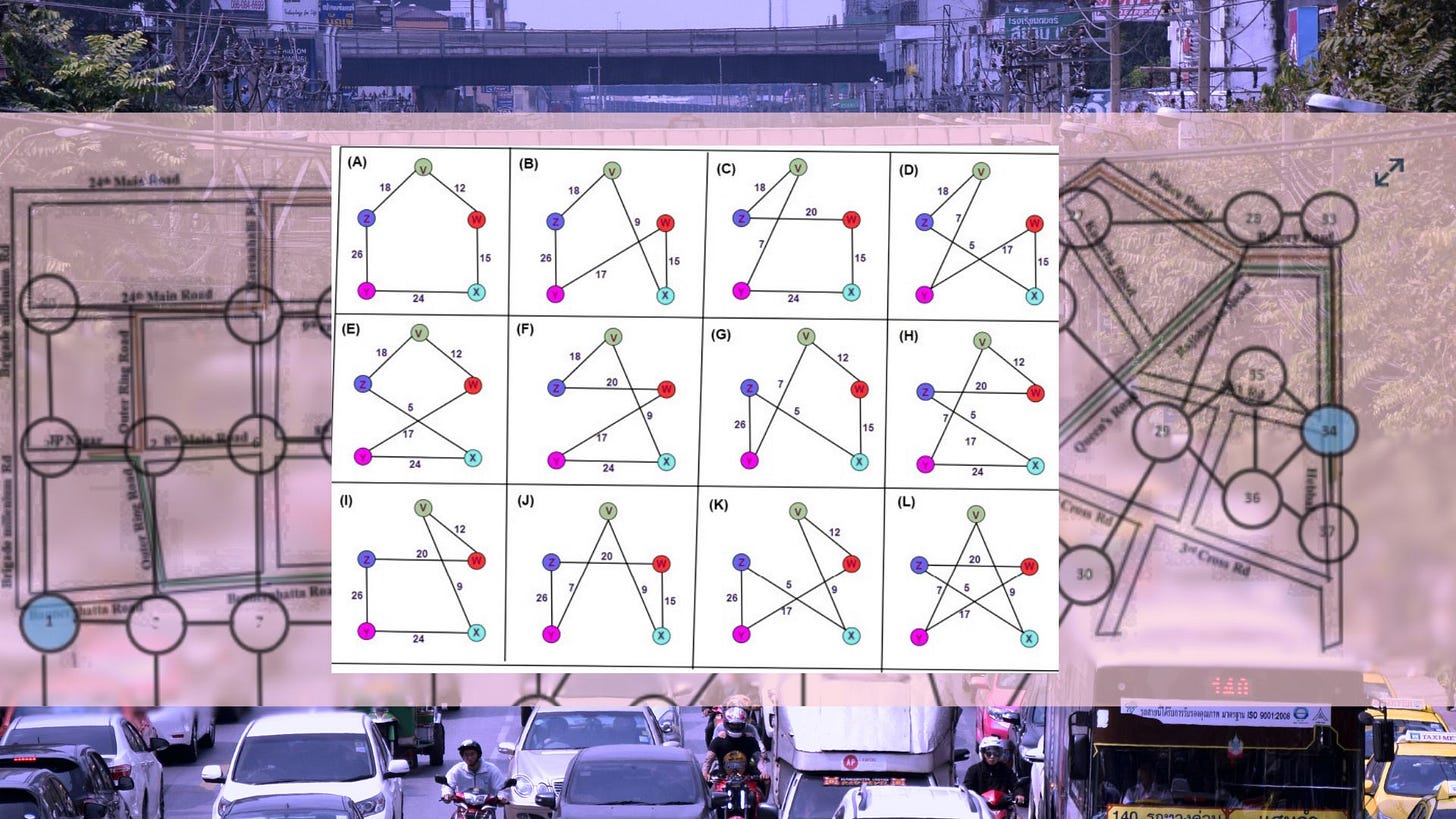Antivenom, Traffic algorithm, Lizard feeding, Predicting lightnings and floods more...
Weekly Newsletter | Issue #10 - 05 Mar, 2025
Greetings from Research Matters!
This week, India celebrated its National Science Day in honour of Sir C V Raman's Nobel prize-winning discovery of the Raman effect—an award not seen in the country since. So why is Indian academia not producing Nobel laureates? Check out our infographic to learn about some of the challenges plaguing the academic system.
For this week's stories - the ineffectiveness of antivenom against saw-scaled viper bites, a Hamilton circuit algorithm-based solution for Bengaluru’s traffic woes, how lizards make feeding choices, why lightning strikes some places more than others, and a new computer model to predict floods in deltaic regions. Check out our regional stories section for a story in Tamil. There are also stories from other media and events happening this week. Don’t forget to check out Scidle - the science wordle, for a new science word every day. If you’d like us to cover your research or publicise any science and research-related events, talks, workshops, etc, please reach out to us.
Stories in this edition
Current antivenom ineffective against a saw-scaled viper bite finds study | ICMR
Data from a centre treating snakebite victims in Jodhpur, Rajasthan, show that many patients bitten by the saw-scaled viper weren't responding well to the standard Indian polyvalent antivenom.
Math vs. Gridlock: How a Clever Algorithm Could Ease Bengaluru's Traffic Woes | Vellore Institute of Technology
Researchers are exploring the Hamilton circuit algorithm to find the most efficient route for public transportation buses for congestion-free travel.
Reptile Hunger Games: How Lizards Gamble for Food | IISc
Researchers at IISc set out to test the hypothesis that well-fed animals are risk-averse by studying how rock agamas (Psammophilus dorsalis) make foraging decisions.
Lightning and Landscapes: How Land and Weather Shape Lightning in India | MoES, BHU, Hemvati Nandan Bahuguna Garhwal University
Research has delved into lightning in North India (NI) and North-East India (NEI), discovering how land use and topography might predict when and where these electrical bursts will occur.
An innovative ‘Smart Model’ to predict flooding in deltaic regions | University of Notre Dame, IIT Kharagpur, IMD
Researchers have developed an integrated method to combine ocean and river system computer models into a smart model able to predict floods accurately
Academic Woes in STEM India
Science Games & Puzzles
Try the science wordle game - Scidle, and share your score with the world!
Regional
Tamil (தமிழ்)
கடலோரத் தாவரங்கள்: ஆழிப்பேரலைகள் மற்றும் கடல் சீற்றத்தைக் கட்டுப்படுத்தும் இயற்கை பாதுகாப்பு!
Research Beat | Research-based news in other media
Science Minister claims India to surpass U.S. in scientific publications by 2029 - The Hindu
Protein therapeutics in healthcare: current and future trends - The Hindu
The case for curiosity-driven science - The Hindu
ISRO to resume SpaDeX experiments from March 15 - Hindustan Times
Lost in space: Odin spacecraft turned to India, but Bengaluru fell short - India Today
From string theory to space selfies: Greene & Massimino, two science giants, marvel at India's innovation, iconic beauty - The Economic Times
Building India through science and scientists | By Soumya Swaminathan - Hindustan Times
Declining trend in PhD enrolment in national institutions hampering research ecosystem of India - The Statesman
PM Modi Advocates Science and Innovation for a Developed India - International Business Times
Events
Coastal Tamil Urn Burial Sites and Harappan Links: Wrought in Iron | NIAS - 05 March 2025
Talk & Panel Discussion - International Women's Day 2025 | IISER Pune - 05 March 2025
Water 560 and other events at Science Gallery Bengaluru | SGB - 08-09 March 2025
Program: Decisions, Games, and Evolution | ICTS - 10 March 2025










